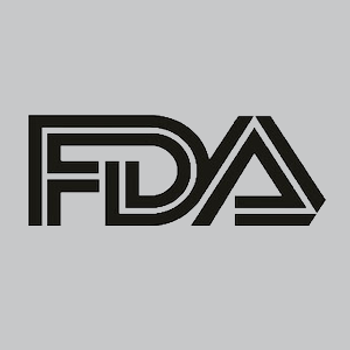
Despite concerns amid reports of deaths and serious adverse events, the FDA has confirmed the safety profile of the therapy has remained consistent.

Matt Hoffman, Editorial Director for NeurologyLive, has covered medical news for MJH Life Sciences, NeurologyLive’s parent company, since 2017. He executive produces the NeurologyLive Mind Moments® podcast, and hosted the Medical World News show Deep Dive. Follow him on Twitter @byMattHoffman or email him at [email protected]

Despite concerns amid reports of deaths and serious adverse events, the FDA has confirmed the safety profile of the therapy has remained consistent.

While PES has been debated as a successful therapy for post-stroke dysphagia, recent data has suggested it may be efficacious.

The accuracy and potential utility of the [18F]flortaucipir tracer in patient care will require further research in clinically more representative populations.
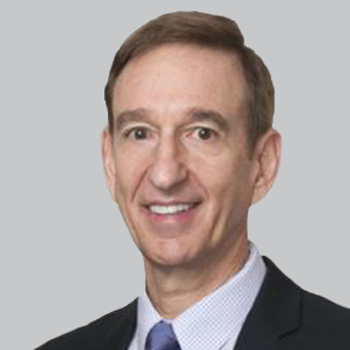
The RLS expert explained his best practices for treating patients who develop augmentation after treatment.
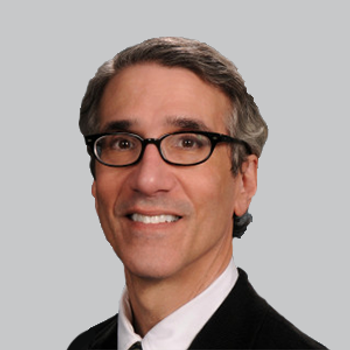
Memory decline was worse for patients with MCI receiving supportive therapy over behavioral activation.
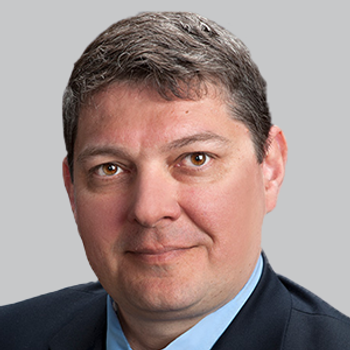
The assistant professor of neurology and neurosurgery spoke about the need to identify LVO in the field, quickly, to improve care.

The director of the Epilepsy Program at the Banner University Medical Center spoke about the importance of interaction between general neurology and epileptologists.
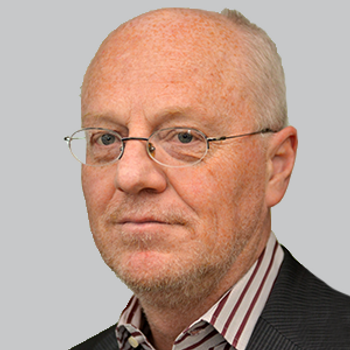
The monoclonal antibody is now the second member of the CGRP inhibitor class to be approved by the FDA.

The third-generation, small molecule CGRP antagonist is the second Biohaven migraine therapy to reach human clinical development.
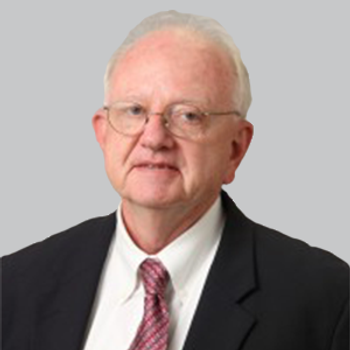
TSC has shown potential to become the first approved therapy for acute stroke, able to be administered in the ambulance.
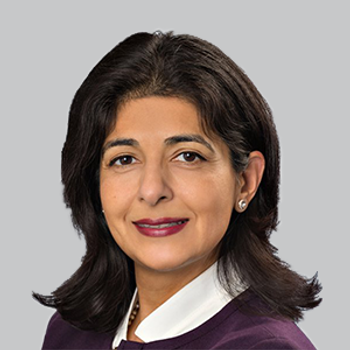
After its approval in May for pediatric MS, the data displayed its efficacy in comparison to standard therapy.

The director of the Dartmouth Headache Clinic at Dartmouth-Hitchcock Medical Center spoke about the potential of a DHE therapy for acute migraine treatment.
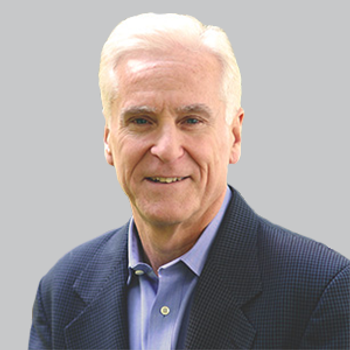
By the open-label extension’s end, those treated with pitolisant showed a decrease in ESS score by 6.2 from baseline.

The co-director of the UPMC’s Center for Endovascular Therapy spoke about the gains that stroke care has made in the last few years.

The idea of marijuana as a panacea for neurologic conditions has come into play, leading to a need for clarification about the use of CBD for these conditions.

Study findings revealed that AED clearance significantly changes by the first trimester for levetiracetam and by the second trimester for oxcarbazepine and topiramate.

As a phase III trial of DHE gets underway, the director of the Dartmouth Headache Clinic at Dartmouth-Hitchcock Medical Center spoke about its clinical history in the United States.

A real-world study in relapsing MS helped develop a risk score scale to aid in disability progression prediction, and thus, treatment strategies.

Xenon Pharmaceuticals announced the expansion of its ion channel pipeline as a result of feedback from the FDA.

The director of the Epilepsy Program at the Banner University Medical Center spoke about the needs in patient populations with epilepsy.

Also known as S48168, it was previously granted Orphan Drug designation as well as a Rare Pediatric Disease designation in 2015 for Duchenne Muscular Dystrophy.
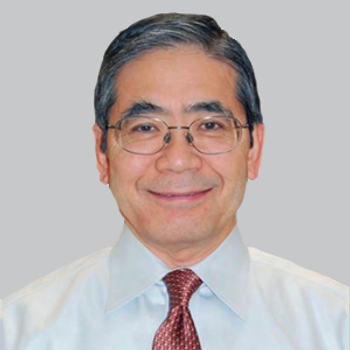
The approval was based on bioavailability studies which compared the tablet formulation of riluzole to the oral suspension formulation.

The director of the electromyography laboratory and a professor of neurology at Cedars-Sinai discussed the misdiagnosis of the rare condition.

The dual-therapy regimen will be compared to high-dose tPA monotherapy, the standard of care, in patients with distal blood clots post-stroke.

Previously, in a 5-year phase I-II trial, the rAAV vector serotype rh.10 showed promising safety data.

The director of the electromyography laboratory and a professor of neurology at Cedars-Sinai spoke about the treatment options for CIDP.

With the pending decision on 2 more CGRP agents, the need for biomarkers to identify responders has never been greater.

David Dodick, MD, a neurologist at Mayo Clinic who’s been involved with multiple trials of headache medicines, provided further insight into the medication class.

A meta-analysis revealed a history of stroke increases dementia risk by around 70%, and recent strokes more than doubled the risk.
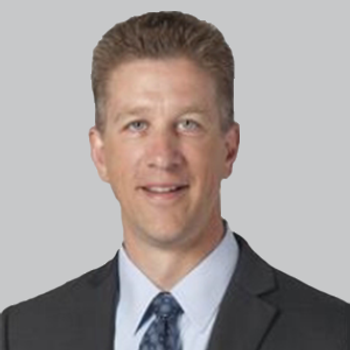
The neurologist at the Mellen Center for Multiple Sclerosis at Cleveland Clinic touched on the therapy’s performance in a phase II clinical trial.